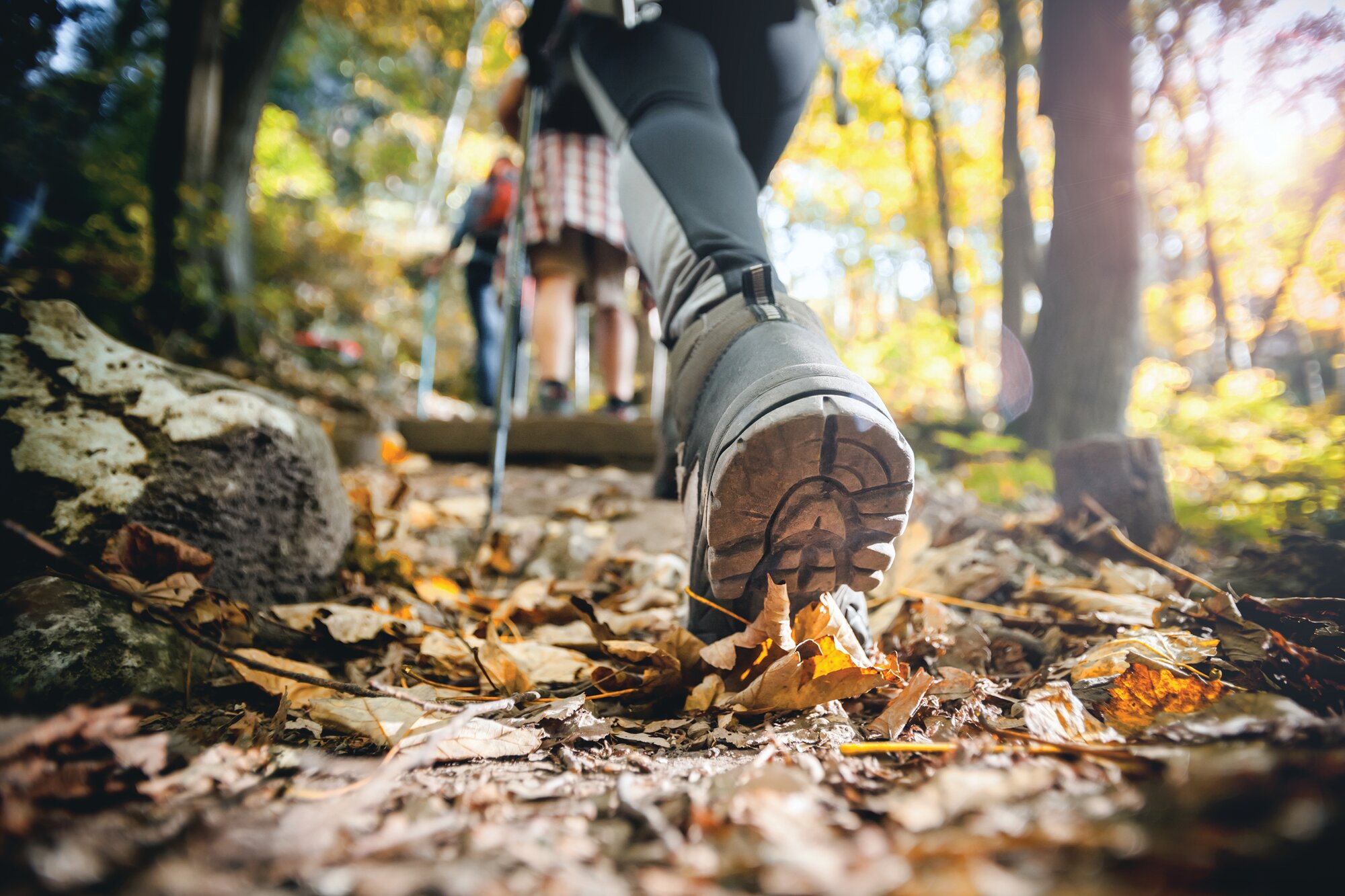Strategies for reducing your stress during an election year
Wealth of Geeks
Worrying about the nation's future is a significant stressor for more than two-thirds of Americans (68%), according to the American Psychological Association's latest Stress in America report.
As we head into a divisive election year, stress is high. 55% of adults identified social divisiveness as another significant stressor.
Researchers at North Carolina State University found that just the anticipation of election-related stress negatively impacts well-being - however, those with a greater sense of agency experience lower stress levels.
With months of campaign time left, there's no quick relief in sight. Given the harmful nature of chronic stress, now is the time to plan ahead to guard against its effects. Practical actions for stress reduction include setting boundaries around media use, building positive anticipation, spending time outdoors and doing creative activities.
The following are evidence-based strategies for improving well-being and managing the stress that may arise during an election year.
Focus on what you can control
Makenzie Peterson, director for well-being at The American Association of Veterinary Medicine Colleges, created a guide for well-being during an election year. She notes that elections can make people feel overwhelmed and powerless. Taking proactive steps to create positive change in one's life can combat those feelings.
Proactive steps that Peterson suggests are registering to vote and planning how one will vote, whether by mail or in person. She also suggests that people should find activities they enjoy and focus on those rather than continually fixating on the news.
Therapist Emily Wilson, MA, LPC, ATR, agrees with the recommendation.
"Finding something in your own life that you can help tap into a sense of agency - this will be unique for each person. It can be as simple as tackling the cleanout of that disorganized closet or as thorough as taking control of your own health."
Set boundaries around election discussions
Peterson suggests that people plan for political discussions that add stress rather than lead to productive conversation.
Her guide lists useful phrases for sidestepping nonproductive election conversations.
For instance:
"That's not a topic I'm informed on enough to talk about."
"I've talked a lot about politics recently and could use a break - tell me something interesting going on in your life."
Build up positive anticipation
While negative anticipation - like anticipating election stress - leads to poor mental health, the opposite is also true. People hoping to reduce stress can find ways to build positive anticipation in their lives. Creating positive anticipation can be as simple as planning to go to the movies and looking forward to it.
"Anticipating positive events directly leads to a better mental health well-being; the mere thinking of future positive events is associated with increased well-being," says Wilson, referring to a study published in Frontiers in Psychology.
So think about those vacation plans, your kid's recital, trying out a new recipe, spending the morning snuggling with your spouse, dog or favorite book. It will do you good.
Tap into creativity
as an outlet
"Creativity can help a lot with stress! And you do not have to be an 'artist' to create. Creating art and the desire to create something beautiful is innate," explains Wilson.
"Coloring mandalas can reduce stress and anxiety and can be a fun and less intimidating art activity. Anything rhythmic and repetitive, such as knitting, crochet or felting, calms the nervous system."
She suggests trying a simple practice like starting a small art journal and doodling or creating for 5 minutes a day.
Get moving and spend time in nature
Exercise is an excellent form of stress release. Moving helps reduce stress-related hormones and increases overall health and well-being. Finding exercise or hobbies one can do outdoors gives people the combined benefits of being in nature and getting in some movement.
Stay socially connected
Go for a walk or spend time with friends and family. Research shows that people with at least one or two friends or family members to turn to for emotional support during stressful times tend to cope better than people who don't have such support.
More Articles to Read

